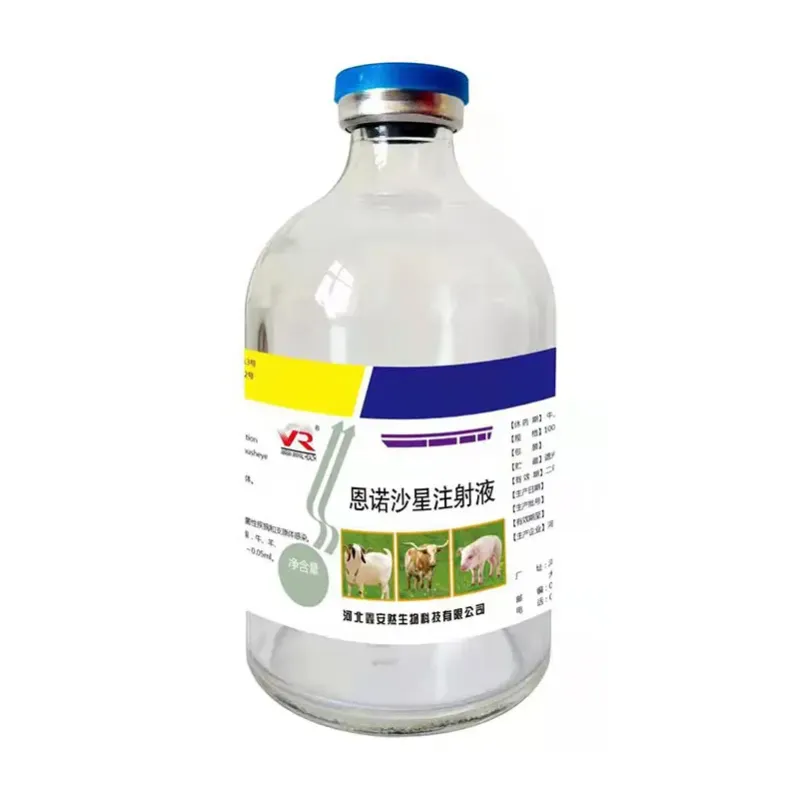- Afrikaans
- Albanian
- Amharic
- Arabic
- Armenian
- Azerbaijani
- Basque
- Belarusian
- Bengali
- Bosnian
- Bulgarian
- Catalan
- Cebuano
- Corsican
- Croatian
- Czech
- Danish
- Dutch
- English
- Esperanto
- Estonian
- Finnish
- French
- Frisian
- Galician
- Georgian
- German
- Greek
- Gujarati
- Haitian Creole
- hausa
- hawaiian
- Hebrew
- Hindi
- Miao
- Hungarian
- Icelandic
- igbo
- Indonesian
- irish
- Italian
- Japanese
- Javanese
- Kannada
- kazakh
- Khmer
- Rwandese
- Korean
- Kurdish
- Kyrgyz
- Lao
- Latin
- Latvian
- Lithuanian
- Luxembourgish
- Macedonian
- Malgashi
- Malay
- Malayalam
- Maltese
- Maori
- Marathi
- Mongolian
- Myanmar
- Nepali
- Norwegian
- Norwegian
- Occitan
- Pashto
- Persian
- Polish
- Portuguese
- Punjabi
- Romanian
- Russian
- Samoan
- Scottish Gaelic
- Serbian
- Sesotho
- Shona
- Sindhi
- Sinhala
- Slovak
- Slovenian
- Somali
- Spanish
- Sundanese
- Swahili
- Swedish
- Tagalog
- Tajik
- Tamil
- Tatar
- Telugu
- Thai
- Turkish
- Turkmen
- Ukrainian
- Urdu
- Uighur
- Uzbek
- Vietnamese
- Welsh
- Bantu
- Yiddish
- Yoruba
- Zulu
ທ.ວ. . 03, 2024 17:42 Back to list
ivermectin injection for chickens
Ivermectin Injection for Chickens A Comprehensive Overview
Poultry farming is a vital aspect of agriculture, providing a source of protein and income for millions worldwide. Among the various health challenges that poultry farmers face, parasitic infections remain a significant concern. Ivermectin, an antiparasitic agent, has gained popularity in the treatment and prevention of these infections in chickens. This article explores the use of ivermectin injection for chickens, its benefits, dosage, safety, and potential side effects.
Understanding Ivermectin
Ivermectin is a broad-spectrum antiparasitic drug originally developed for veterinary use. It acts by binding to specific chloride channels in the nerve and muscle cells of parasites, leading to paralysis and death of the organism. While it is commonly used in cattle, sheep, and other livestock, its application in poultry has garnered attention in recent years.
Benefits of Ivermectin for Chickens
1. Effective Against Various Parasites Ivermectin is effective against a wide range of ectoparasites (external parasites) and endoparasites (internal parasites). This includes infestations caused by lice, mites, ticks, and worms, all of which can severely impact the health and productivity of chickens.
2. Easy Administration The injectable form of ivermectin allows for precise dosing and immediate absorption, facilitating rapid action against parasitic infections. This is particularly important in cases of severe infestations where quick intervention is necessary.
3. Withdrawal Period Ivermectin has a relatively short withdrawal period compared to other antiparasitic medications, which means that chickens can be treated without a long delay before they can safely be processed for meat or eggs.
Dosage and Administration
ivermectin injection for chickens

The appropriate dosage of ivermectin for chickens can vary based on several factors, including the type of parasite being treated and the weight of the bird. It is crucial to consult a veterinarian or refer to product guidelines before administering any drug. A common dosage recommendation is 0.2 mg/kg of body weight, but this can differ based on the circumstances and the specific product formulation.
Ivermectin can be administered via subcutaneous injection or intramuscular injection. It is essential to use aseptic techniques during administration to prevent infection and ensure the health of the birds.
Safety and Side Effects
While ivermectin is generally considered safe for chickens when used properly, it is important to be aware of potential side effects. Some chickens may experience mild reactions, such as swelling at the injection site or temporary lethargy. In rare cases, more severe reactions like an allergic response can occur.
Additionally, ivermectin should not be used in breeding or laying hens if there are no established safety data since the drug can affect egg production and quality. Farmers should always ensure they are following legal and regulatory guidelines regarding the use of medications in poultry.
Integrating Ivermectin into Poultry Health Management
Incorporating ivermectin into a well-rounded poultry health management plan can lead to improved flock health and productivity. Regular health monitoring, biosecurity practices, and vaccination protocols should complement the use of ivermectin to ensure comprehensive protection against parasitic infections.
Farmers are encouraged to maintain good husbandry practices, such as keeping chicken coops clean, providing ample space, and ensuring proper nutrition. These measures can further reduce the risk of parasitic infections and decrease the overall need for treatments.
Conclusion
Ivermectin injection represents a valuable tool in the fight against parasitic infections in chickens. Its efficacy, ease of administration, and relatively low risk of side effects make it an attractive option for poultry farmers. However, it is essential to use this medication judiciously and in conjunction with other management practices to maximize the health and productivity of the flock. Always consult a veterinarian for specific advice and guidelines pertaining to the health of your chickens. Responsible use of ivermectin can contribute significantly to the welfare of poultry and the overall success of farming operations.
-
Guide to Oxytetracycline Injection
NewsMar.27,2025
-
Guide to Colistin Sulphate
NewsMar.27,2025
-
Gentamicin Sulfate: Uses, Price, And Key Information
NewsMar.27,2025
-
Enrofloxacin Injection: Uses, Price, And Supplier Information
NewsMar.27,2025
-
Dexamethasone Sodium Phosphate Injection: Uses, Price, And Key Information
NewsMar.27,2025
-
Albendazole Tablet: Uses, Dosage, Cost, And Key Information
NewsMar.27,2025













